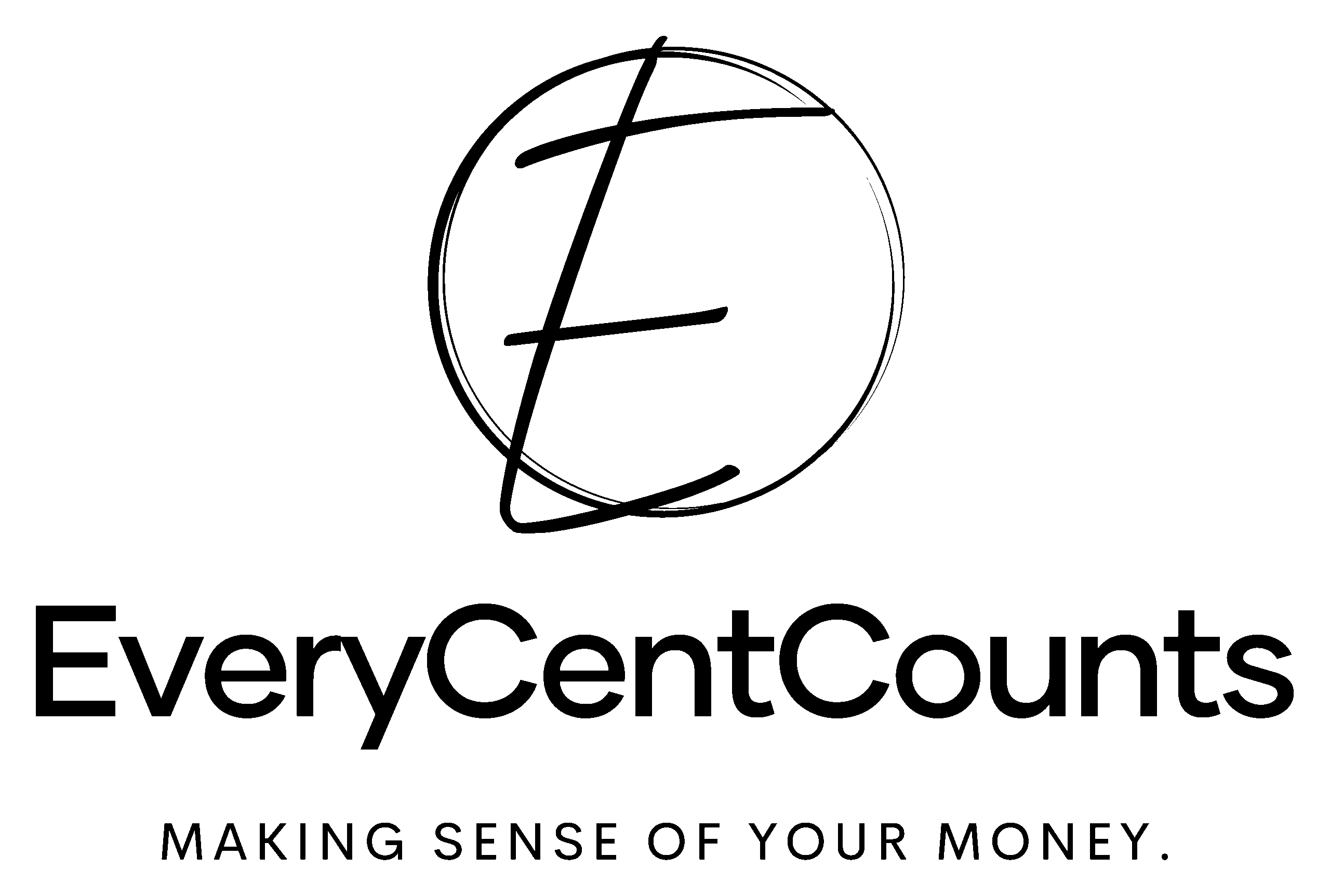You’re a master of your craft. A leader in your industry. Colleagues and clients alike seek your expertise, trusting your judgment and relying on your deep knowledge. You’ve navigated complex projects, mastered intricate systems, and built a successful career through years of dedication and learning.
So, when it comes to planning your retirement, you’ve got this, right? You’re smart, organized, and capable of tackling any challenge. While those qualities are undoubtedly valuable, the truth is that being an expert in your chosen field doesn’t automatically translate to expertise in the nuanced and often bewildering world of retirement planning, particularly when it comes to Medicare.
Think of it this way: a brilliant cardiologist is an undisputed expert on the human heart. They can diagnose complex conditions, perform intricate surgeries, and prescribe life-saving treatments. But would you expect them to be equally knowledgeable about tax law, estate planning, or the intricacies of the stock market? Probably not. Each field requires its own specialized knowledge, regulations, and ongoing education.
The same principle applies to retirement planning and Medicare. Here’s why your professional expertise, however impressive, might fall short when navigating this crucial life stage:
1. Retirement Planning is a Different Discipline:
Your professional expertise likely revolves around a specific industry, set of skills, or body of knowledge. Retirement planning, on the other hand, is a multidisciplinary field encompassing:
- Financial Planning: Understanding investment strategies, managing risk, projecting future income needs, and navigating tax implications.
- Legal Considerations: Estate planning, wills, trusts, and understanding relevant regulations.
- Healthcare: This is where Medicare comes in, with its complex rules, enrollment periods, coverage options, and potential penalties.
- Social Security: Understanding eligibility, claiming strategies, and integration with other retirement income.
While your analytical skills and problem-solving abilities are transferable, the specific knowledge required for each of these areas is not something you’ve likely acquired in your professional life.
2. Medicare is a Labyrinth of Regulations and Choices:
Medicare, in particular, is a system with its own language, deadlines, and a dizzying array of choices. Understanding the difference between Part A, Part B, Part C (Medicare Advantage), and Part D (prescription drug coverage) is just the tip of the iceberg. You also need to consider:
- Enrollment Periods: Initial Enrollment Period, General Enrollment Period, Special Enrollment Periods – missing deadlines can lead to lifelong penalties.
- Supplement Plans (Medigap): Understanding the various lettered plans (A through N), their coverage differences, and how they work with Original Medicare.
- Formularies and Networks: If you choose a Medicare Advantage or Part D plan, you need to understand the specific drugs covered and the network of doctors and hospitals.
- Coordination with Other Insurance: If you have employer-sponsored health insurance or other coverage, understanding how it interacts with Medicare is crucial.
This isn’t something you can simply “figure out” with your general intelligence. It requires specific knowledge and understanding of the Medicare system.
3. The Stakes are High:
Mistakes in your professional life can often be corrected. However, errors in retirement planning, especially regarding healthcare coverage, can have significant and long-lasting financial and health consequences. Missing a Medicare enrollment deadline or choosing the wrong plan could lead to:
- Lifetime penalties on your Part B premium.
- Gaps in healthcare coverage.
- Unexpectedly high out-of-pocket medical expenses.
- Limited access to preferred doctors or hospitals.
The potential cost of “winging it” is far too great to rely solely on your general expertise.
4. The Landscape is Constantly Evolving:
Just like your own professional field likely experiences changes and updates, so too does the world of retirement planning and Medicare. Regulations change, new plan options emerge, and strategies that worked in the past may no longer be optimal. Staying informed requires dedicated effort and continuous learning.
The Solution: Seek Specialized Guidance
Recognizing that your professional expertise doesn’t automatically qualify you as a retirement and Medicare expert is the first crucial step. The next is to seek guidance from qualified professionals who specialize in these areas. This could include:
- Certified Financial Planners (CFPs): They can help you develop a comprehensive retirement plan, taking into account your financial goals, risk tolerance, and healthcare needs.
- Licensed Insurance Agents or Brokers specializing in Medicare: They can help you navigate the complexities of Medicare, understand your options, and choose a plan that best fits your individual circumstances.
- Elder Law Attorneys: They can assist with estate planning, long-term care planning, and navigating legal aspects of retirement.
In Conclusion:
Your success in your chosen field is a testament to your intelligence and dedication. However, retirement planning, particularly Medicare, requires a unique set of knowledge and expertise. Don’t let the “expertise paradox” lead you to make costly mistakes. Just as you wouldn’t hesitate to consult a specialist for a complex medical issue, seek out the guidance of retirement and Medicare professionals to ensure a secure and healthy next chapter. Your hard-earned success deserves a well-planned and worry-free retirement.

